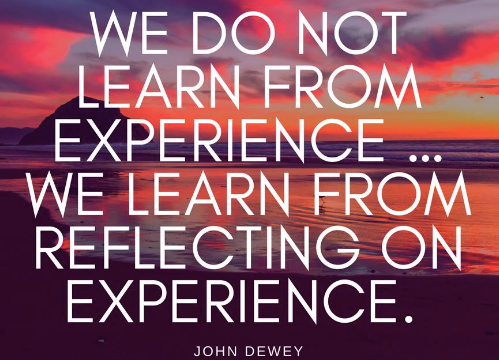Ultimate Frisbee: ETS in One!
As this is an implementation of a frisbee game that includes various types of physical activities, participants should warm up beforehand.
After the warming up part, all participants are divided into two groups. The group division game could be anything relevant to the previous sessions or could be something related to the facilitator/trainer's strategy to balance gender and age among the participants. With the creation of the teams, separate colors of jerseys are given to form the team identity and clearly show each player which team they belong. They choose a team captain. Right after that, 2 frisbees for each team is given to practice and be familiar with frisbee game. Each team starts to practice and test their frisbee skills.
Right after, the first stage starts with a referee (this person can be facilitator or trainer) to give the first instruction card/paper to each team. The first stage is related to the "Education For Sport" Methodology. With that paper, team captain starts to read the rules and instructions how to play frisbee game. As there will be competition at the core of the game, they also make strategies in line with the rules of the games. With this paper, it's suggested to lead the participants as "who makes 7 passes without frisbee to touch the ground or opponent team steals the frisbee or touch to the frisbee win a score". In the light of these instructions, each team starts to compete and the first stage starts. During the whole game, the referee observes the game and scores are counted. Then a time-out is given and each team gets prepared for the second stage. (The first stage should take max. 10-15 minutes.)
In the second stage, another instruction paper is given to team captains. With this stage, we move to the "Education By Sport" Methodology. With this paper, it's suggested to lead the participants as "to make a score, each team member must touch to frisbee without frisbee touches the ground or opponent team steals the frisbee or touch to the frisbee win a score". In that way, the game becomes harder and weak or strong chains of the team should touch to the frisbee so teams start to make strategy to include everyone. In the light of these instructions, each team starts to compete and the first stage starts. During the whole game, the referee observes the game and scores are counted. Then another time-out is given and each team gets prepared for the third stage. (The second stage should take max. 10-15 minutes.)
During the second time-out, the referee starts to give role cards to the players without showing anyone. Also, it should be said to the participants that they cannot tell or show their role cards to anyone from their teams or opposite teams. These role cards could be "Be someone who criticize everything, be someone cheerful, be someone angry, you cannot use your strong hand, etc." Then, the third stage starts with the second stage's instruction cards. This stage is related to the "Education Through Sport" Methodology. Simple rules are given to play the game but they see some differences with their teammates. The last session also should take around 10-15 minutes to fully experience the differences. With the last whistle of the referee, participants should be sent to the stretching corner after 45 minutes of frisbee implementation.
After the participants cool down, a debriefing session should be started to ask for the experience of the players. In the light of DeM Debriefing model, the first questions are asked related to their concrete experience. Then more reflective observations are taken from the participants and it's merged with the questioning if each player felt involved in the game or how did they feel in each stage. Afterward, the "Education For/By/Through Sport" Methodology is explained to the participants to better remember the stages and associate them with the concepts. After that, participants are led to the active implementation part and they more talk about the stages and associate them with their real life. In that way, they start to think about what would be different when they play this game one more time, also preparing themselves for the next actions.
Method Details
This method addresses
Added by
Contact with the Author
Ultimate Frisbee: ETS in One! 0 reviews
Login to Write Your ReviewThere are no reviews yet.















